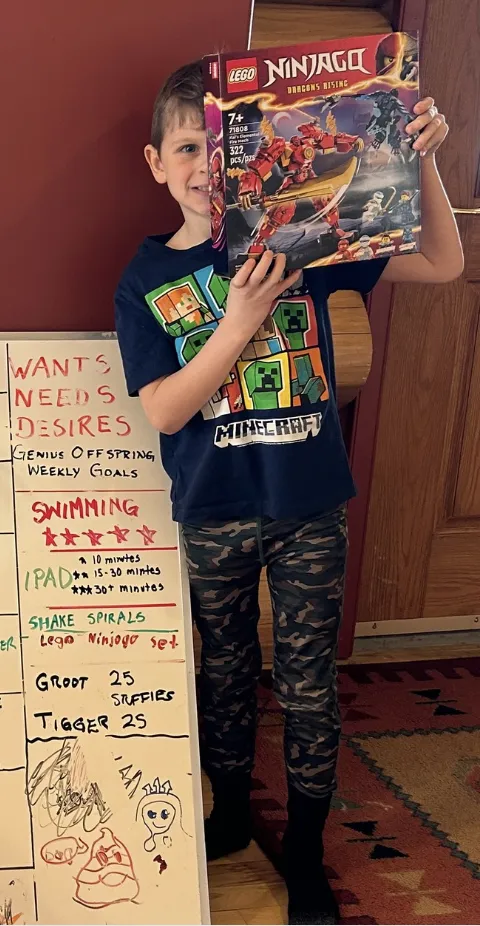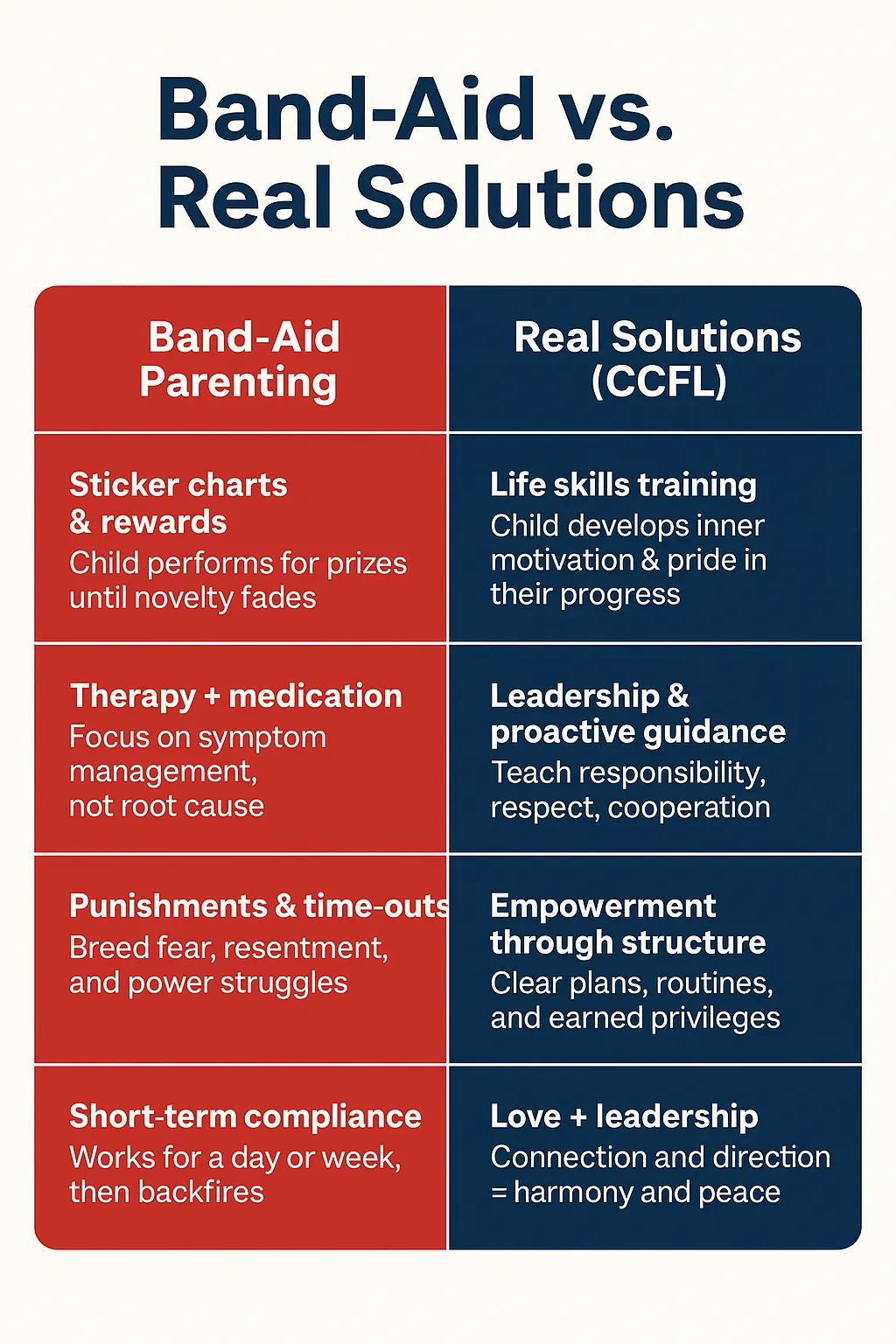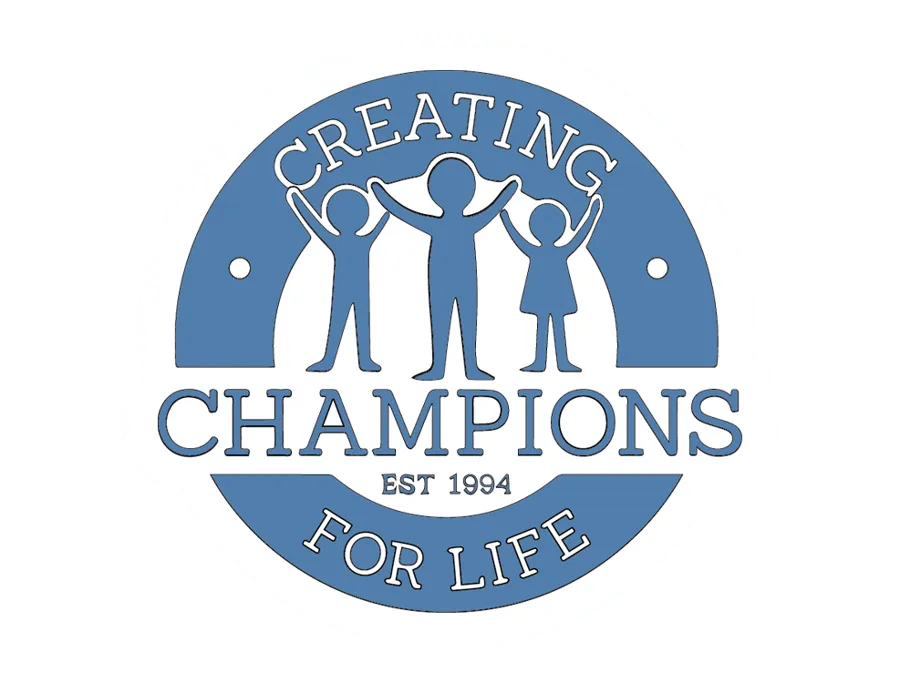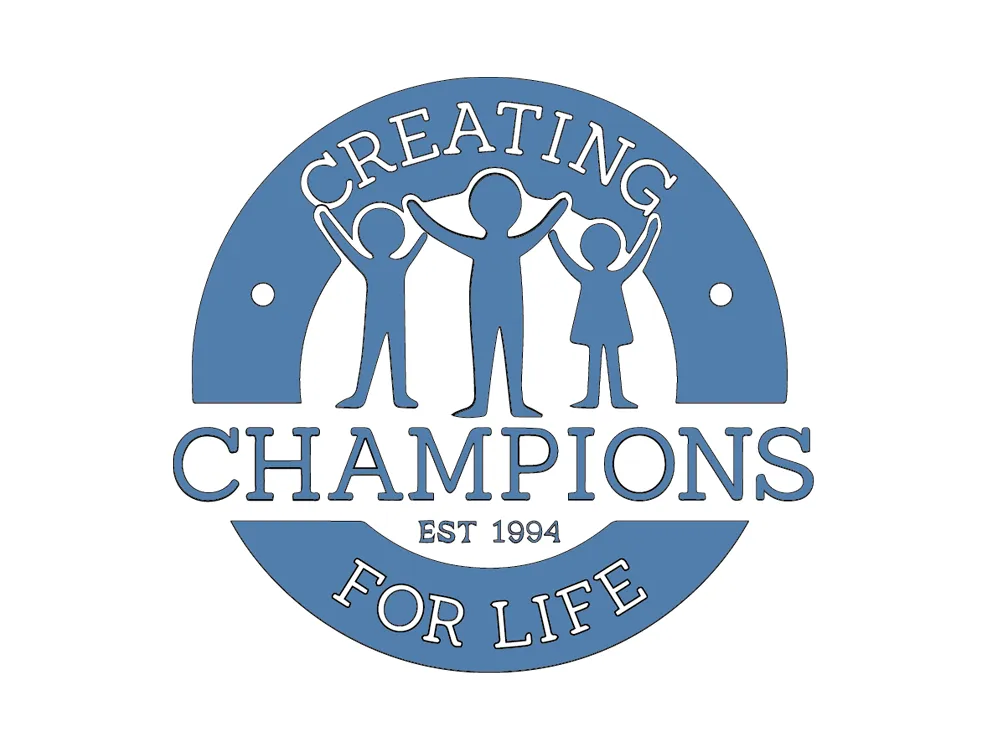Guiding Families From Chaos to Calm
Transform defiance without mind-altering meds, years of therapy or harsh punishment.


Hi, We're Bonnie & Thomas

We've Been There...
As a mother of four children diagnosed with ADHD and ODD, I (Bonnie) know what it's like to feel like you're failing.
When I met Thomas in 2011, everything changed. His approach—rooted in martial arts philosophy and life skills training—transformed our home from constant conflict to peaceful cooperation.
Together, we've spent over 60 years developing and refining the 12 CCFL principles and black belt mindset. What started as saving our own family has grown into a mission to help families worldwide discover there is another way to be a parent and raise children—one built on guidance rather than punishment, character development rather than control.

🏆
🏆 Martial Arts Hall of Fame
Inducted in 2004 for transformative youth program
👨👩👧👦
👨👩👧👦 3,000+ Children Transformed
90% behavioral transformation success rate
📚
📚 Amazon #1 New Release Authors
"Learn to Speak Kid" & companion books
🎓
🎓 40+ Years Combined Experience
Child development & personal growth

How We Help
Clients' Voices
Testimonials from our transformed parents and educators.
Kathy Biggs
"Bonnie,I am forever indebted to you and Thomas for the help that you gave me dealing with my grandson who has Asperger’s. Today he and I are best buds and yesterday was his 15th birthday. Thank you so much and thank you for all that you’re doing. Love you."
Marie DM
"This program has been a Godsend for my family.... As I put in the time and effort to study day after day, I see my children transform right before my very eyes. My son, who had ODD behaviors, is now doing things such as: making a list for what his day is going to look like, offering his little sister help to do school work, tidying up after himself, going to bed on time and with a book...name it ... If we can, everyone can. THANK YOU! THANK YOU! THANK YOU CCFL!"
Elizabeth Madness
"You all have helped me more than anyone with my daughter. On this journey, I have discovered that she is an original warrior/leader that has an unbreakable spirit, and we now have a fantastic relationship. Not perfect, but getting there. Love you both!"

Why Creating Champions For Life?
Frequently Asked Questions
Clear answers to help you make confident parental decisions.
Will this work for me?
Absolutely. The principles taught in CCFL are rooted in proven success strategies and the psychology of human potential. They work for parents, teachers, caregivers, and kids of all ages, regardless of their challenges. Whether your child has been diagnosed with ADHD, ODD, anxiety, depression, or struggles with defiance, these tools are designed to create lasting transformation. Even if you’ve tried everything else without success, this program offers a fresh, proven approach.
What if the other parent isn’t on board?
While it’s always ideal for both parents to participate, it’s not a requirement for success. Many of our clients start this journey solo and see profound changes in their families simply by applying the principles themselves. As your home transforms, the other parent often becomes curious and naturally wants to get involved.
I’ve already tried everything—why would this work when nothing else has?
We hear this all the time from parents who come to us feeling hopeless. The difference is that this program focuses on timeless principles that empower both you and your child, rather than temporary fixes or outdated advice. It’s not about “managing” behavior—it’s about transforming the way you approach parenting to inspire cooperation, respect, and harmony.
What if my child’s challenges are severe?
We’ve worked with families facing the toughest situations—children diagnosed with ODD, ADHD, anxiety, depression, and even those struggling with delinquency or substance abuse. The principles in this program work because they address the root causes of behavior and empower children to step into their potential. No challenge is too big for this approach.

Get Started
Do You Believe In Your Kids?
Learn to Speak Kid starting today with The Path to Parenting Paradise Collection